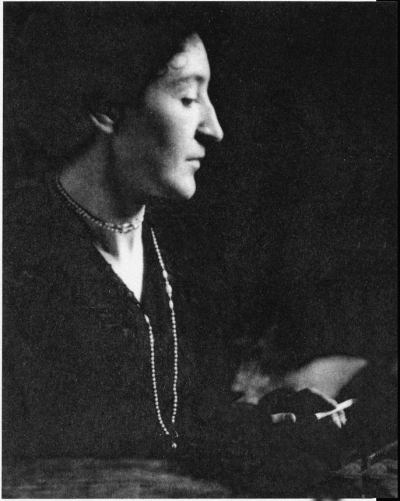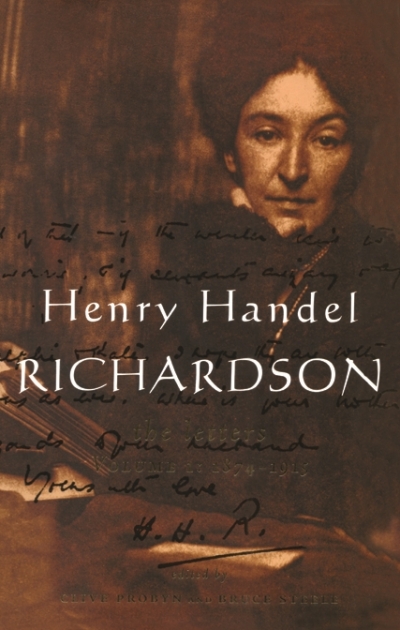Clive Probyn
The year was 1911. Four months after beginning work on a new novel, Henry Handel Richardson admitted to herself the ambitious scope of her new project: ‘I have another Colosse on hand, & it begins to grow, though slowly.’ This aptly nicknamed project was eventually to become the trilogy we know as The Fortunes of Richard Mahony, which was to occupy its author for the next twenty years. Length is not synonymous with ‘greatness’, of course. At almost eleven hundred printed pages, some readers have resented its bulk. At the same time, relatively few have had the opportunity to read the original volumes. Others have been puzzled by its combination of naturalism and allegory, and many more have been struck by an epic quality in its scope and vision. Kylie Tennant assured her readers in 1973 that ‘should any TV producer ever … take the great myth of Richard Mahony into the television medium, a new generation would discover that Mahony is not just a piece of Victorian literary furniture, but has the same weird power to grip an audience as Hamlet or Lear. For if ever there was a myth figure it was Richard Mahony.’ Richardson herself believed that her intention had been ‘to treat the chief features of colonial life in epic fashion’. Dorothy Green argued in 1970 that the novel should be seen as ‘not merely an emigrant novel of early colonial Victoria, but … [as] a part of the intellectual history of European civilisation in the nineteenth century.’ Even so, Michael Gow condensed this epic into a 66-page, two-act, domesticated playscript, performed at the Brisbane Powerhouse and the Melbourne CUB Malthouse in 2002.
... (read more)

